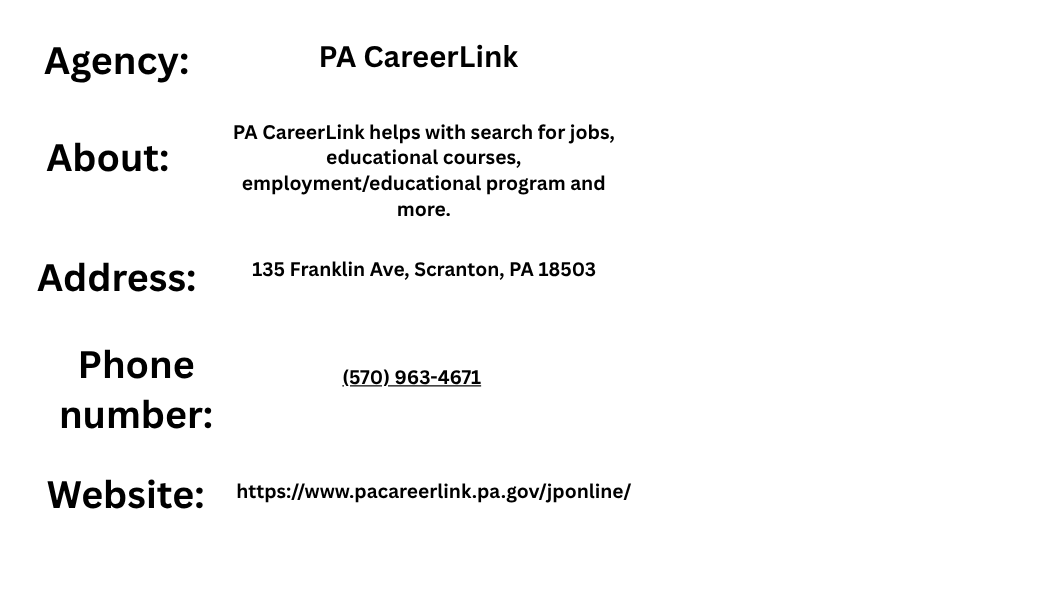Tips for Job search and employment
Searching for employment.
Tailor your resume and cover letter: Customize them for each job application to highlight relevant skills and experiences.
Utilize keywords: Many job platforms use applicant tracking systems (ATS), so incorporate keywords from the job description into your application materials.
Set up job alerts: Most platforms allow you to set up email alerts for new job postings that match your criteria.
Network: Leverage LinkedIn and other professional connections to discover opportunities and gain insights.
Research companies: Use Glassdoor and other resources to learn about company culture, employee reviews, and salary expectations before applying.
Tips for staying employed.
Staying employed in today's dynamic job market requires a proactive and continuous effort. It's not just about doing your job well, but also about adapting, growing, and demonstrating your value to your employer. Here are some comprehensive tips for staying employed:
1. Be a High Performer & Proactive:
Consistently Exceed Expectations: Don't just meet your job description; look for ways to go above and beyond. Deliver high-quality work, on time or early.
Be Reliable and Accountable: Show up on time, meet deadlines, and take ownership of your tasks and responsibilities. Your colleagues and managers should be able to depend on you.
Take Initiative: Don't wait to be told what to do. Look for problems to solve, processes to improve, or new projects to take on that align with company goals.
Be a Problem Solver: Instead of just pointing out issues, come with potential solutions.
Stay Organized and Efficient: Manage your time effectively and use tools to maximize your productivity.
2. Continuously Learn and Develop:
Embrace Lifelong Learning: The world changes rapidly, and so do job requirements. Stay curious and be open to learning new skills, technologies, and industry trends.
Upskill and Reskill: Identify skills gaps and actively work to fill them. This could involve online courses (Coursera, edX, LinkedIn Learning, Udemy), certifications, workshops, or internal training programs.
Stay Current with Industry Trends: Read industry publications, attend webinars, follow thought leaders, and understand what's happening in your field. This makes you a more valuable and forward-thinking employee.
Seek Feedback and Act on It: Regularly ask your manager and colleagues for constructive criticism. Be open to it and demonstrate that you're taking steps to improve.
3. Be a Valuable Team Player & Communicator:
Collaborate Effectively: Work well with your colleagues, share knowledge, and support team goals. Be someone others enjoy working with.
Communicate Clearly and Professionally: Whether it's written or verbal, ensure your communication is concise, respectful, and effective.
Actively Listen: Pay attention to what others are saying and ensure you understand their perspectives.
Build Strong Relationships: Foster positive relationships with your colleagues, managers, and even external partners. A strong network within and outside your organization can be invaluable.
Offer Help (and Ask for It): Be willing to assist others when they need it, and don't be afraid to ask for help when you're stuck or overwhelmed.
4. Understand & Align with Company Goals:
Know the Business: Understand your company's mission, vision, and strategic objectives. How does your role contribute to the company's success?
Align Your Work with Goals: Ensure your daily tasks and projects support the broader company objectives. If your work directly contributes to profits, cost savings, or customer satisfaction, your value is clear.
Understand Your Manager's Priorities: What are your manager's key objectives? Help them achieve those, and you become indispensable.
Be Adaptable to Change: Businesses evolve. Be flexible and open to changes in roles, responsibilities, or company direction. Resisting change can make you a liability.
5. Manage Your Professional Image & Brand:
Maintain a Positive Attitude: A positive and enthusiastic approach can be infectious and make you a more desirable team member.
Professionalism in All Interactions: Dress appropriately (if applicable), maintain good hygiene, and behave ethically in all professional settings.
Manage Your Online Presence: Ensure your LinkedIn profile is up-to-date and professional. Be mindful of what you post on social media.
Show Loyalty and Discretion: Don't badmouth your employer or colleagues, and maintain confidentiality when required.
6. Be Proactive in Managing Your Career:
Document Your Achievements: Keep a running list of your accomplishments, projects, and positive feedback. This is useful for performance reviews and updating your resume.
Network (Internally and Externally): Build connections within your company and your industry. You never know when these connections might be helpful.
Be Aware of Company Health: Pay attention to company performance, news, and industry trends. Being aware of potential challenges can help you prepare.
Have an "Exit Strategy" (Even if You Don't Need One): Always keep your resume updated, your network active, and be aware of opportunities, even if you're happy in your current role. This provides security and options.
By consistently applying these tips, you not only increase your job security but also position yourself for growth and advancement within your current organization and throughout your career.
Employment Sites
Employment sites to search for employment.
Employment Centers
Agencies that supports employment opportunities.















